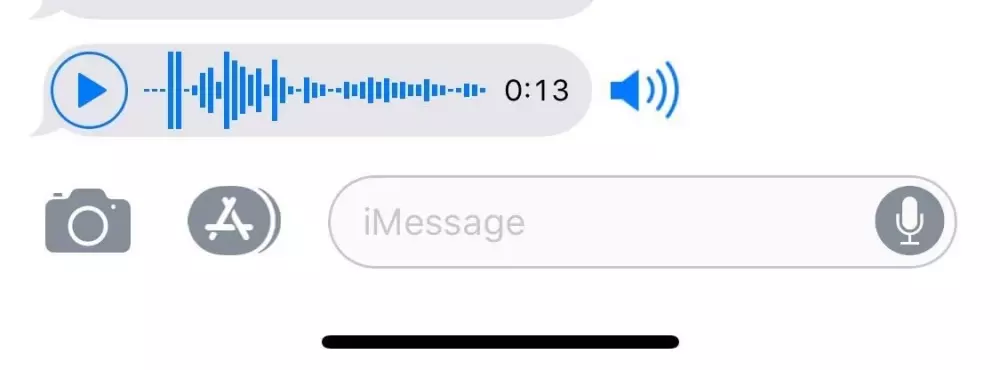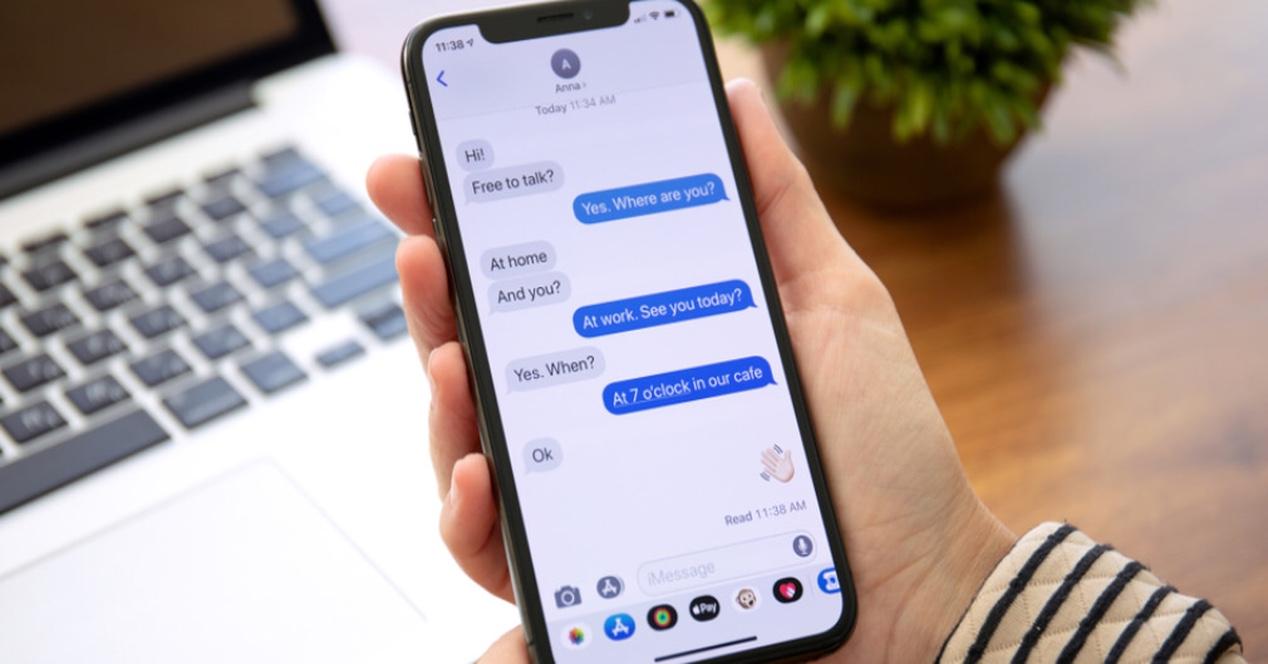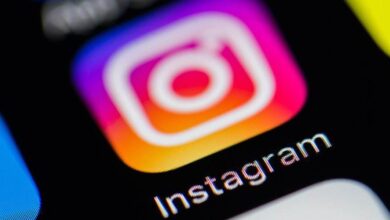
Those of us who have (have) an iPhone is because we are fully convinced that its operating system is the one that best meets our needs. However, there is an aspect that in most cases is seen as something tremendously negative. It is not a reason to change the phone, since it is not so bad, however it generates such helplessness to see that Apple does not correct it, that it is already considered lost.
And we are referring to the way to send audios in iMessage, the messaging service of the Californian brand that is integrated into the Messages app. In itself, this is a system with many aspects to improve, but of course, compared to other platforms, how poorly voice messages are managed plays very against the platform.
Why are iMessage audios a horror?
Recording and sending audios as such in iMessage does not unravel a major problem and is practically no different from what other apps offer. However, there are several drawbacks that arise once the audio is sent. At first we find that they are expired and, unless you or the other person check it, they will disappear. This can have a certain usefulness, but if you want them to stay in the chat as standard, you must get used to giving the “keep” message each time (the same happens with other elements such as hand drawings).
On the other hand, listening to them is torture many times. And not only is it because they have not integrated the option to listen to it at various speeds, a functionality that is now beginning to be standardized in other apps, but moving forward is impossible. And it is that if you leave the chat, the reproduction stops and when you return to enter you will have to start it again, being the less annoying and more specifically if it was a long audio of which you had already reproduced a good part.
An obstacle to iMessage standardization
In countries like the United States, iMessage is the most used service, since most users have an iPhone and those who do not have it can communicate by SMS, since almost all telephone rates offer them for free. Therefore, this situation is not comparable with that of other territories such as Spain, where not only is there not a majority with an iPhone, but there is a clear predominance of the WhatsApp application.
If Apple is really interested in encouraging the use of its messaging app, it is not on the right track with such poor features as audio. And is that iMessage is a very secure messaging system, but in the end it does not end up reflecting the most trivial needs of many users. And yes, as much as the audio haters may regret, this is an important tool that must be fully functional.
Every year we see improvements in the application that are very well received. In the end we have gotten used to that differential touch that Apple’s service has with the rest. However, and even understanding that it will never be a universal messaging app as complete as WhatsApp or Telegram, we cannot ignore that it does not comply with some basic ones like this one of voice messages.



